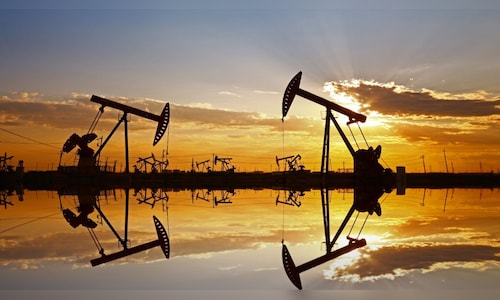Let’s break it down.
First off, Russian oil is not sanctioned
Unlike Iranian or Venezuelan oil, Russian crude isn’t outright banned. Instead, the G7 and EU imposed a price cap, ensuring Russia remains in the market but earns less per barrel. India buys oil below that cap. So it’s not breaking rules — it’s following them.
Then why is India under scrutiny?
Industry sources opine it’s easier to blame a visible buyer like India, while many others — including Western allies — continue their own purchases quietly.
Who really buys Russian oil?
Between December 2022 and July 2025, China bought 47% of Russian crude exports, followed by India with a 38% share, and the EU and Turkey at 6% each. So India is not alone.
Who buys Russian gas & refined fuel?
First, India doesn’t buy any of it. The EU, one of Russia’s loudest critics, is the top buyer. In June 2025 alone, EU nations paid over €1.2 billion for Russian gas.
Similarly, India buys zero refined fuel products from Russia. But Turkey (a NATO member) bought 26% of it. China and Brazil are also major buyers. The accusation against India doesn’t hold up.
India has complied with international protocol
In fact, India has been among the most compliant with global rules. Indian refineries buy Russian crude from independent traders below the G7 price cap and use legitimate insurance and shipping channels.
Crude oil could spike past $200/bbl if India stops buying
Industry fears that the consequences of India not buying Russian crude could be devastating. Market players speculate oil prices could jump past $200 per barrel, hurting everyone, not just India. Although prices have held steady so far, there’s even been a slight downward trend.
US has acknowledged India’s role in stabilising markets
Top officials from the Biden administration have openly supported India’s role. In 2022, the US Treasury Secretary said, “We’re happy for India to keep buying oil.” Biden’s energy advisor in 2024 noted, “India helped stabilise global markets.” And in May 2024, the US Ambassador said, “India delivered. Prices didn’t spike.”
The West’s double standards
Industry sources also point to the West’s double standards when it comes to Russian crude. For instance, the EU still receives Russian crude through pipelines. Japan got a free pass until 2026. And the EU’s 18th sanctions package carved out exceptions for Western countries like the UK, Canada, Norway, Switzerland, and the US.
To sum up: India isn’t secretly funding anything. It’s playing by the rules — and helping global markets stay afloat.
